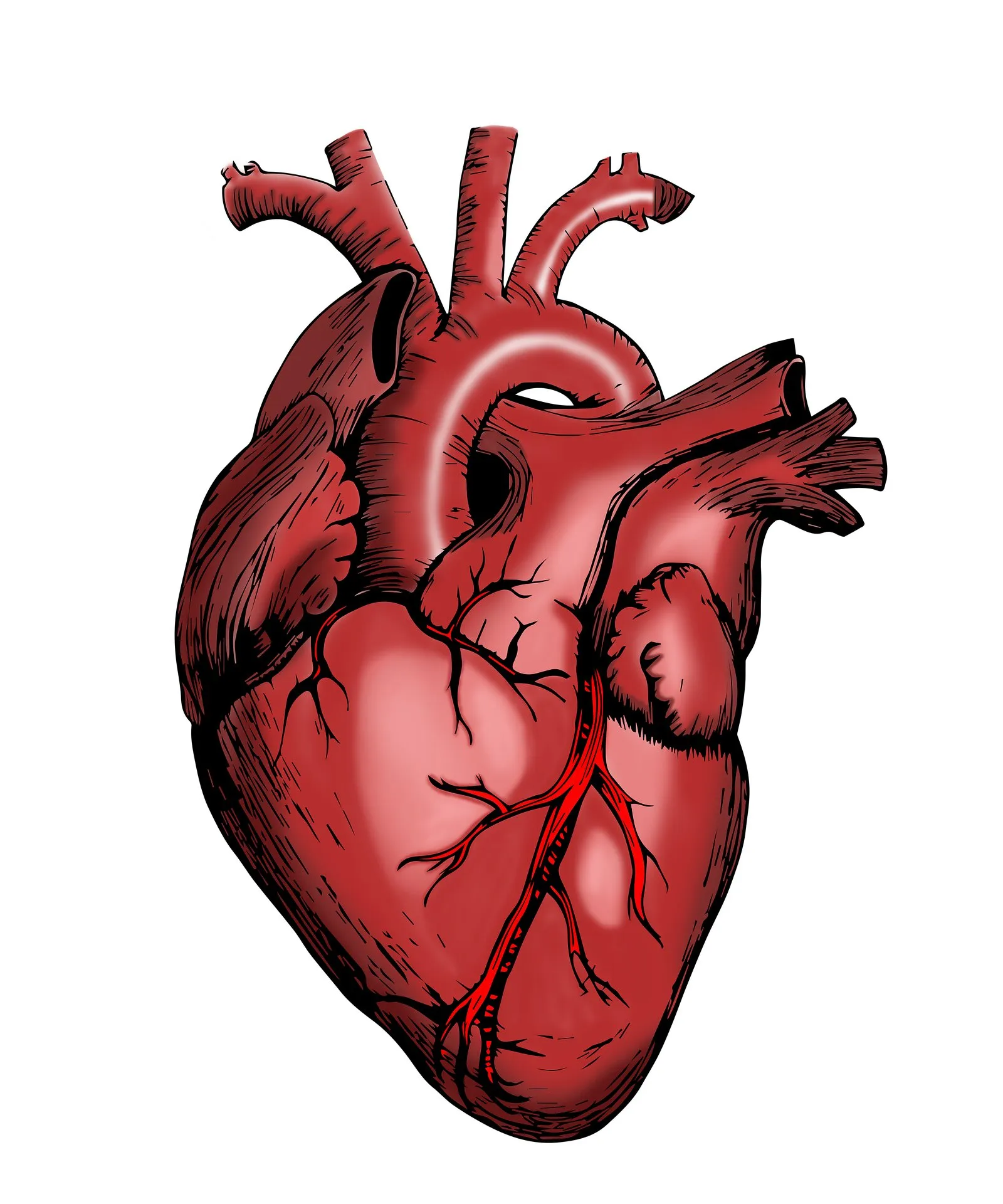MRI Technology Transforming Heart Failure Risk Assessment

In a groundbreaking study, magnetic resonance imaging (MRI) technology has emerged as a game-changer in predicting heart failure risk. This advanced imaging technique can accurately gauge pressures within the heart, offering a non-invasive alternative to traditional tests.
Understanding the Study's Findings
Researchers demonstrated that MRI scans can serve as a reliable tool for estimating the risks associated with heart failure. The study involved a broad segment of the general population, affirming the potential of this technology in clinical settings.
Benefits of MRI in Heart Health
- Non-invasive approach to heart health monitoring.
- Enhanced accuracy in predicting heart failure.
- Could lead to earlier interventions for patients at risk.
Future Implications of MRI Technology
This advancement may shift standard practices, allowing healthcare providers to rely on MRI instead of more invasive procedures, thus improving patient care and outcomes.
This article was prepared using information from open sources in accordance with the principles of Ethical Policy. The editorial team is not responsible for absolute accuracy, as it relies on data from the sources referenced.